Johannesburg, South Africa
It’s 100°F outside and I’m in a Johannesburg hypermarket owned by the Pick n Pay chain, one of the biggest in South Africa. Despite the heat, their music system has a woman singing “Let it Snow!” and songs themed around winter and chestnuts roasting on the fire.
In rural areas, the scotch cart is common, a topless buggy pulled by cattle or donkeys, but few here can describe what “a one-horse open sleigh” might look like.
Across Pick n Pay and its major competitor known as Checkers, all the Santa props have a light complexion. Not even a black elf.
Real holly would wilt in the sun, though it’s grown as a garden plant in winter (June to August) when temperatures slip below freezing and a ski lodge operates in the mountains south of Jo’burg. For now, plastic red berries with spiky leaves are strewn about the shops.
It’s even hard to find a card with an African theme. Most are snowy and feature a white Santa in boots and layers of clothing that would have him in hospital with heatstroke.
‘This number is for emergencies!’ he told me when I introduced myself
Same in Australia where I worked a number of years. The Christmas music is from the northern hemisphere and Santa has frostbite on his nose, but you can at least buy cards with kangaroos pulling the sleigh, though it’s a hunt to find them.
Amazon opened recently in South Africa, and they stock a range of Santa dolls: all white.
There are black actors in TV ads, and billboards are even more representative, but in a country where white people make up less than 10 percent of the population, they own Christmas.
Getting comment about this from Pick n Pay was no easy task because of an event on December 16, 1838. On that date, a party of Afrikaans pilgrims heading north to find farmland away from the growing British presence on the coast encountered a much larger Zulu army. The pioneers circled their wagons on the bank of a river and, when battle began at dawn, they fired a canon at a battalion of warriors armed with spears and shields. The water turned red.
Since then, the anniversary of what became known as the Battle of Blood River has been a public holiday, now a time for reconciliation, with speeches by ministers to reflect a tolerance that, for all the tales of xenophobia, marks the local character.
South Africa shuts down on the 16th. Offices close, cities like Johannesburg empty as people head for rural homes or to the coast, and public affairs staff from Pick n Pay and Checkers are hard to find. Weird given this is their busiest time of year.
Checkers took my call and gave me an email address for their media department. I filed my questions — white Santa, why? — but had no response.
Online, Pick n Pay list the names of their executives who deal with such matters, along with their email and cellphone numbers. I sent some questions to company secretary Vaughan Pierce and head of investor relations Stephen Carrot.
Still waiting.
This story needed to run before Christmas, so I called Mr. Carrot on his cellphone. He was frosty! “This number is for emergencies!” he told me when I introduced myself.
“Can you just give me the contact person I might speak with?” I asked.
‘I am not going to process this,” he said as though I’d tried to order a turkey. “It is not an emergency.”
And he hung up without even asking what I’d called about. For all he knew, someone might have opened fire in one of his hypermarkets. (South Africa has the world’s third-highest murder rate.)
In fairness, this is a country where people work long hours, retail is hugely competitive and, thanks to December 16 — which this year fell on a Monday, making it a long weekend — holidays are taken seriously.
The founder of Pick n Pay, the late Raymond Ackerman, would take calls at any time of day, and on weekends. Across half a century he built the company from scratch and died in September last year aged ninety-two, still a household name with a style of management that’s taught in business schools.
Even during the apartheid years, Ackerman promoted black staff to management, always strictly on merit, and while Jewish himself, employed people of every faith and origin: no small task in a country with eleven official languages and Hindu, Muslim and Jewish minorities.
For all outlets here, including a major retail chain owned by Walmart, there’s nothing like Christmas. As elsewhere, it has started ever-earlier with the first decorations now on display late August. By October there are trees in public places festooned with decorations.
From across South Africa those in their late teens finish school and head to town. Jobs are few, but numbers have grown to where the sprawl reaching out from Johannesburg and the capital, Pretoria, forty miles away, accounts for a third of the population, now topping 60 million.
In a country larger than France and Germany combined, distance and the cost of transport means a majority of workers can only afford to go home once or twice a year. The long school holiday is over Christmas, and few will clock on before Monday January 6.
Coastal resorts are packed, as is accommodation around the 8,000-square-mile Kruger National Park.
On street corners of cities and towns alike, vendors sell bags of firewood. No matter how snowy the decor of shops, or fir trees in living rooms tipped with a white spray, few will swelter over a turkey on the 25th. BBQ is standard, known here as a “braai,” meaning to char meat.
Friends and family gather around, gifts are exchanged and, where carols are sung, there’ll be a verse or two about snow and Jack Frost. And if there’s a Santa decoration in the home, he will be white.
Is this a leftover of the apartheid years when a white minority ruled in Pretoria? Hardly. Try finding a black Santa in Nigeria or Kenya. Most of these are made in China for sale to Europe, the US and Latin America. The economy of scale for Africa just isn’t there.
An opportunity perhaps for someone to get busy with props for 2025. An ethnic mix of elves riding zebras across the savanna or Table Mountain decked in tinsel.
After all, this is the “Rainbow Nation” and at a time of peace and goodwill, we should reflect the glory that is South Africa.



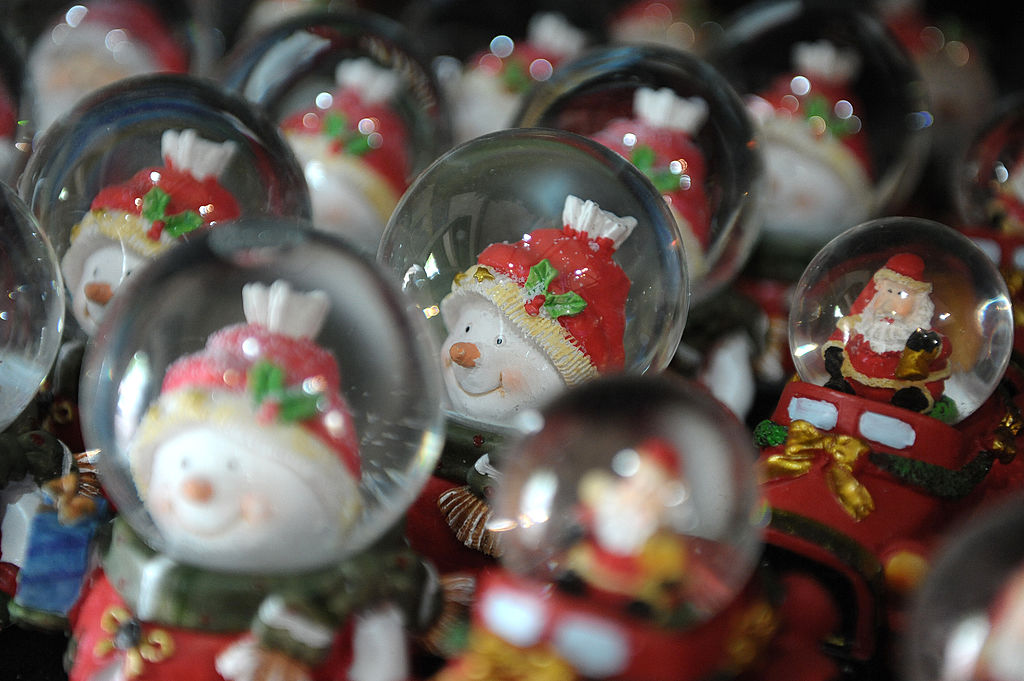






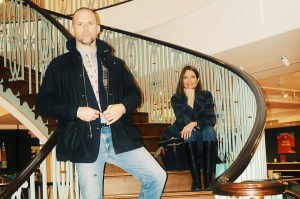


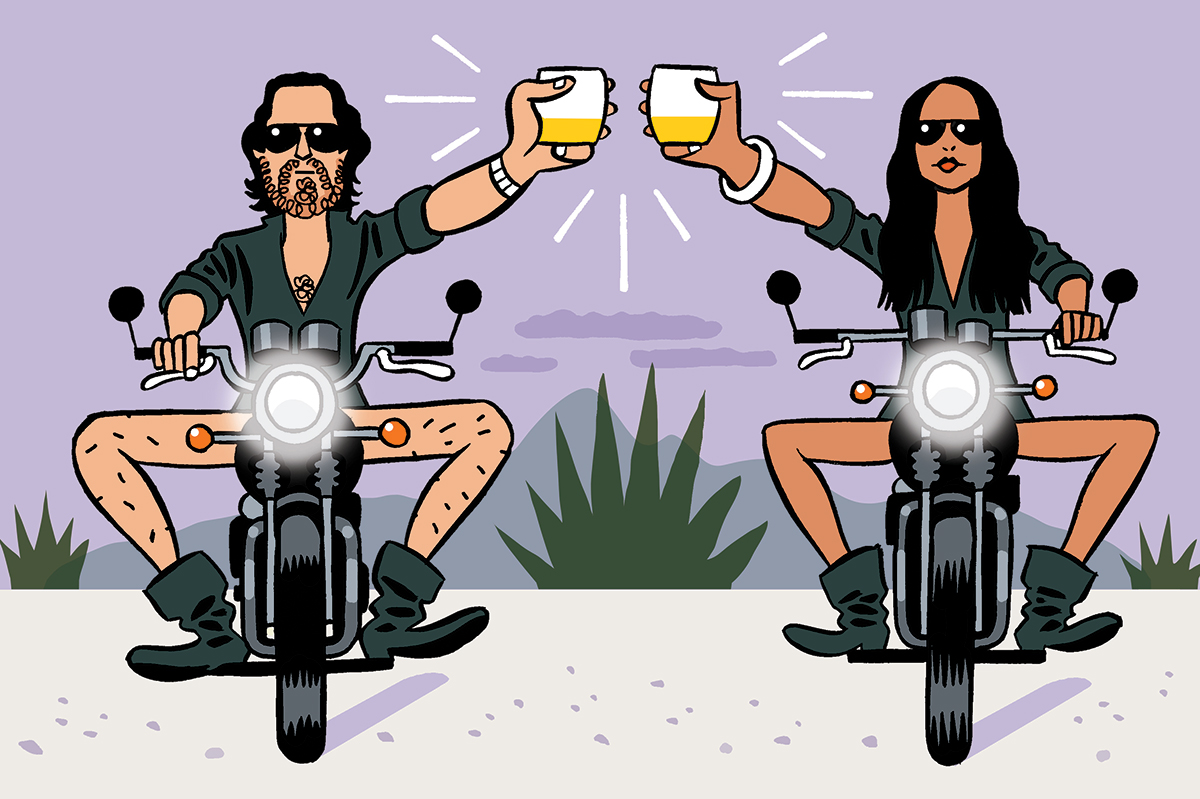
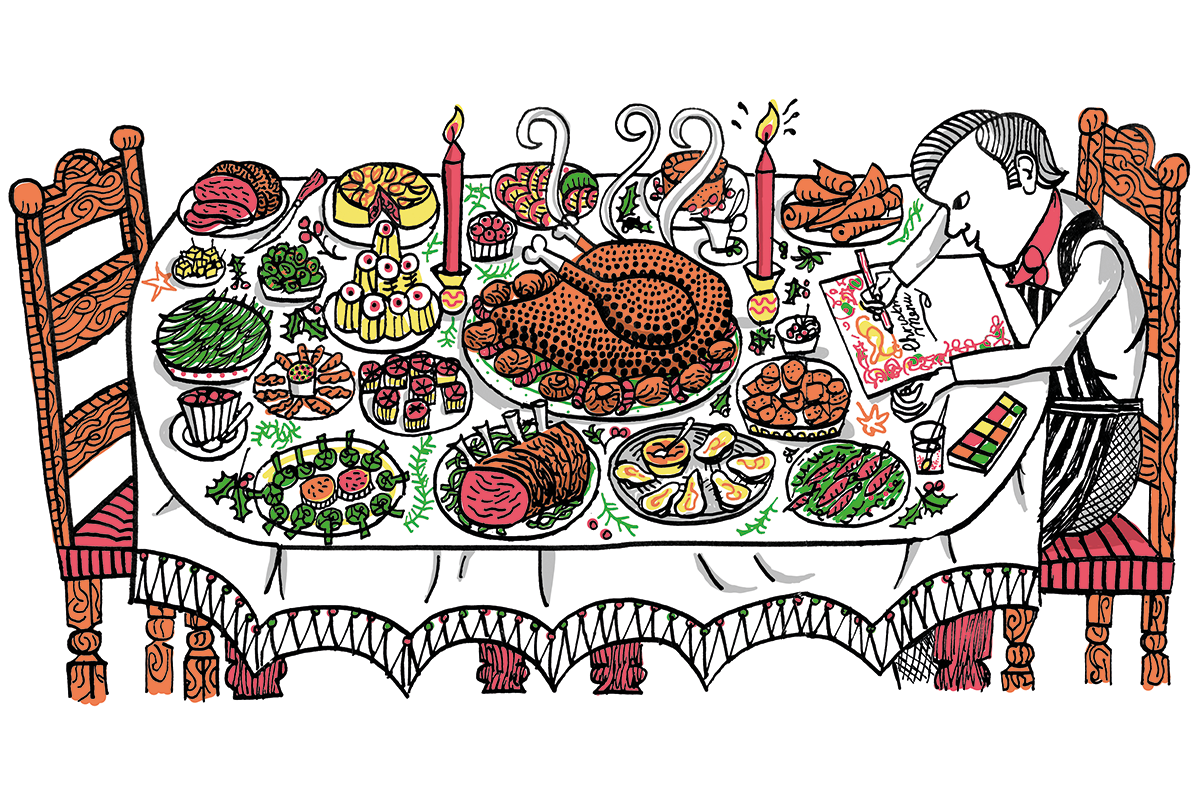

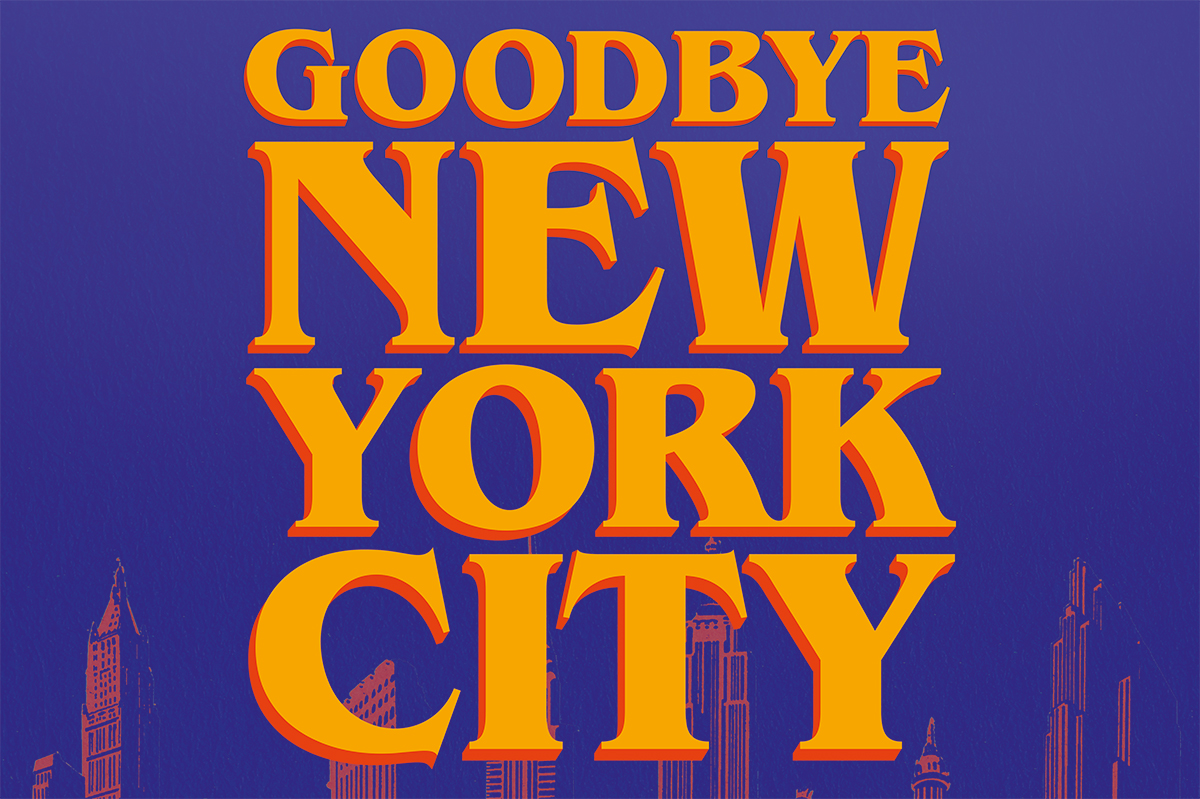
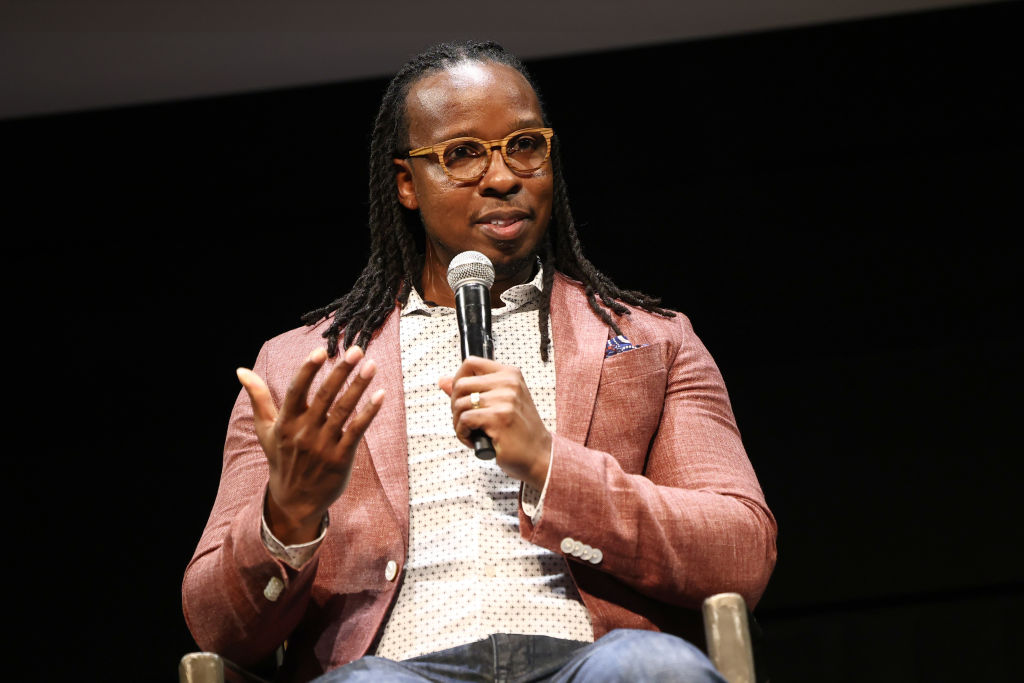
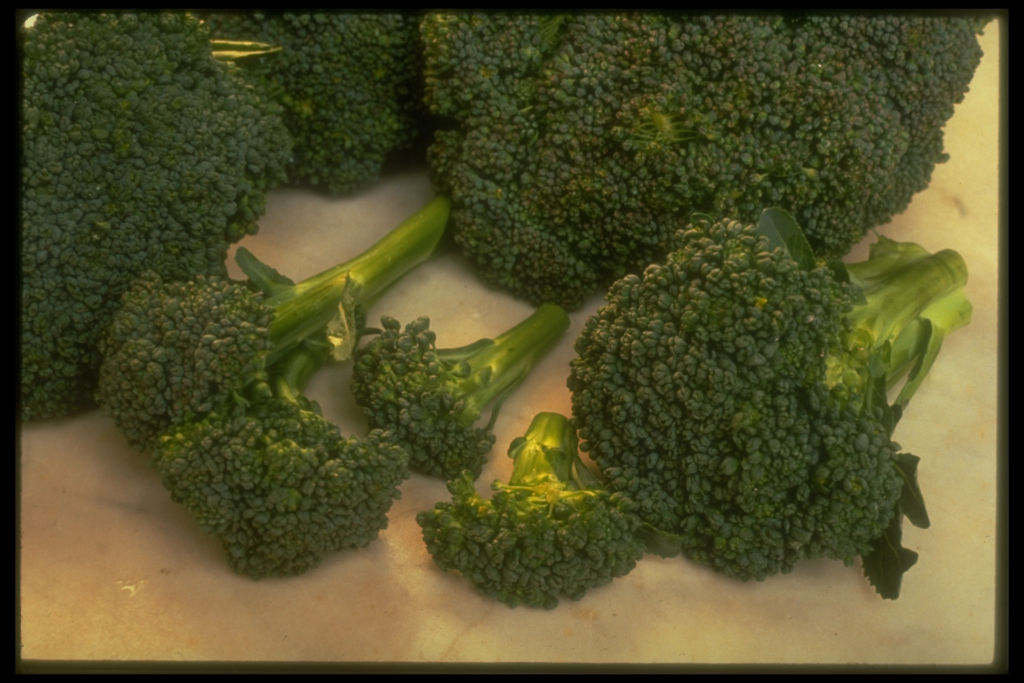







Leave a Reply